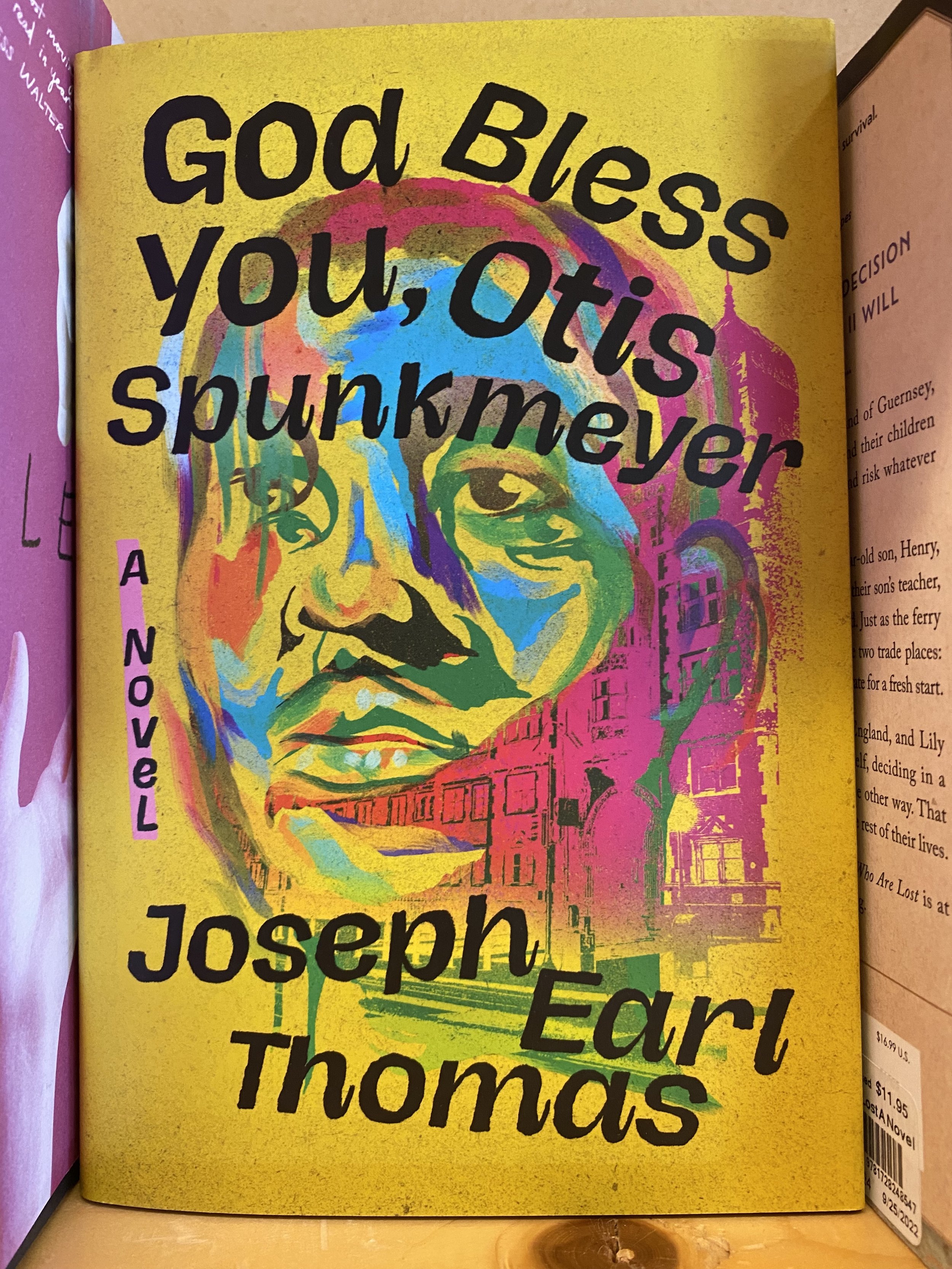3/5 stars
What's it about? Geraldine Brooks found a surefire win in this Little Women spin-off that follows Mr. March as he serves as chaplain and teacher in the Civil War. A story about the price of one’s ideals and the miscommunications in a marriage.
How’d I find it? My husband recommended this read, and I found my own copy in a Little Free Library in Capitol Hill in DC. A walk from where I worked to a bar to meet friends, and an offering of books along the way that held me up a little, just enough. I need a bigger backpack.
Who will enjoy this book? Little Women fans, of course. Those who seek historical fiction along the lines of Hamnet by Maggie O’Farrell will also like March.
What stood out? The book reads like Water for Elephants, the kind of bestseller that goes down smooth and easy. We hear Marmee’s voice at a crucial moment in the book to tease out the climax, a device that lifts the curtain on how differently one partner can experience a relationship. Despite our protagonist’s abolitionist tendencies, the language used for characters of color can shock in 2024, and I found myself wincing a few times, particularly in scenes involving Grace, who reconnects with Mr. March during the war. The allusions to the famous little women disappoint in their lack of invention; Amy is merely vain with blonde curls, and Jo is clumsy and dark.
Which line made me feel something? As a former DC resident, this warning from the ever faithful Mr. Brooks stirred in me a chuckle: “I am afraid that Georgetown in particular has an unfortunate reputation. I have been informed that drinking places are ordered closed at a half past nine, and they say there can be, well, a good deal of unseemly behavior on the streets at that hour.”









